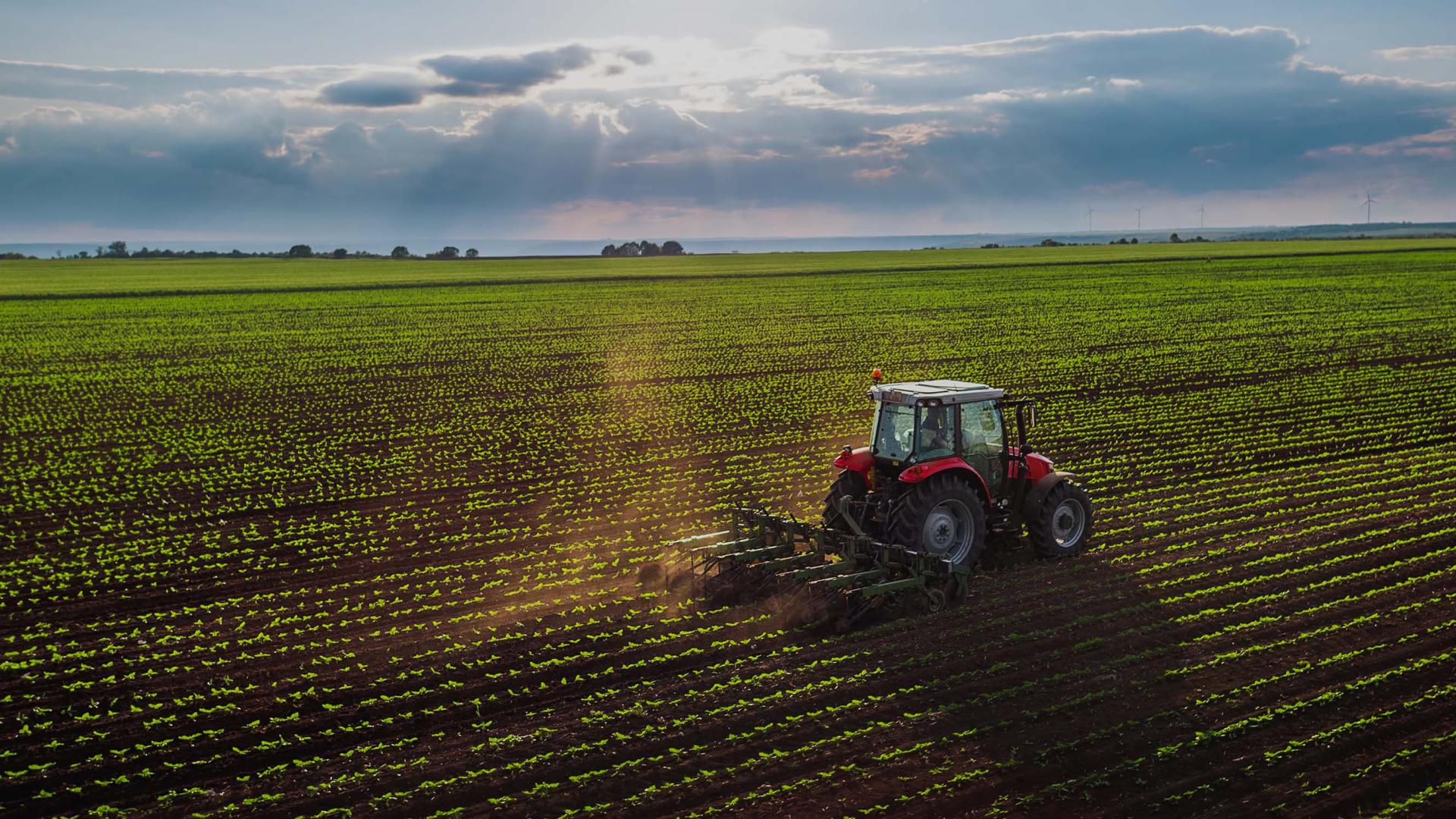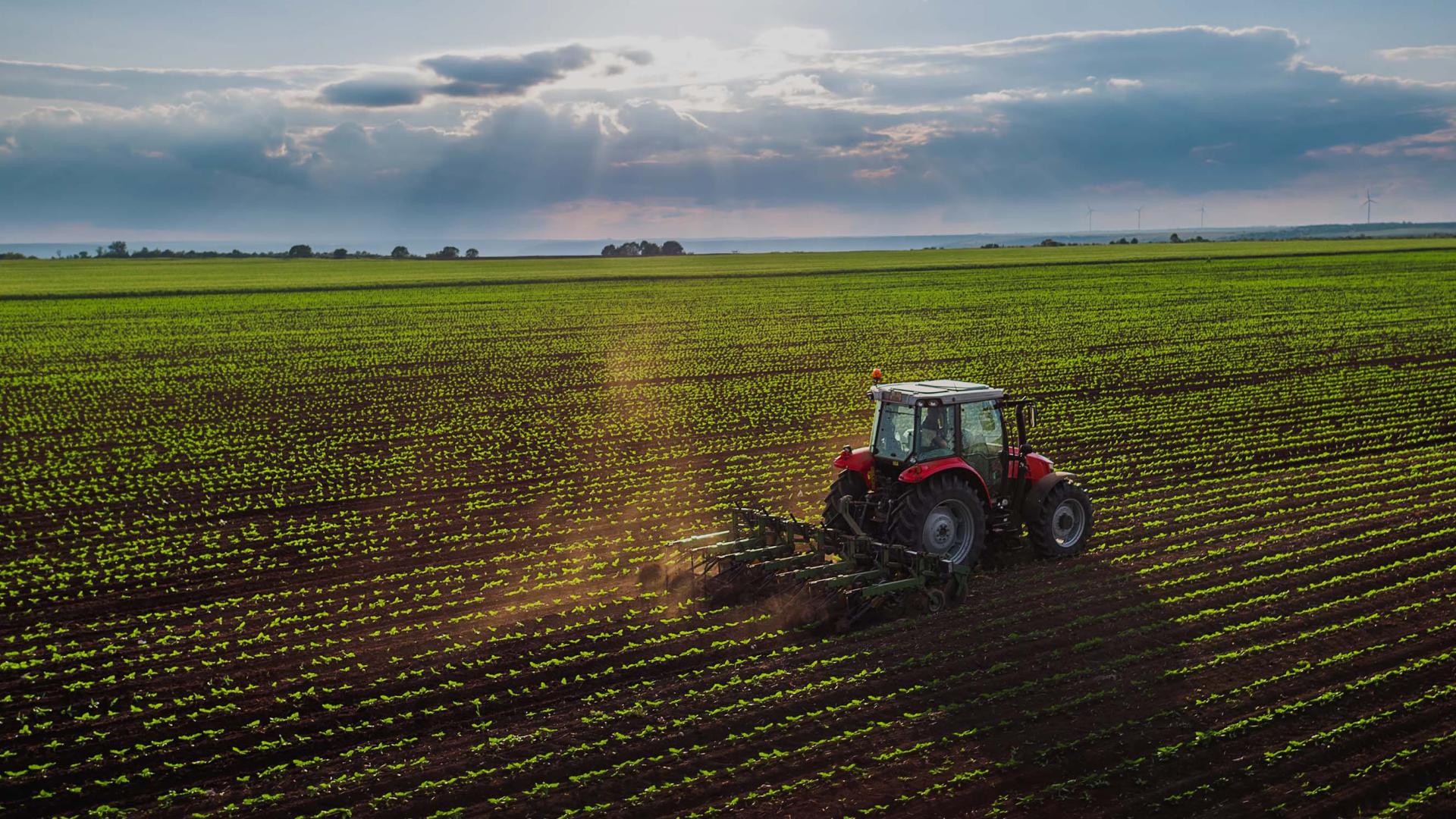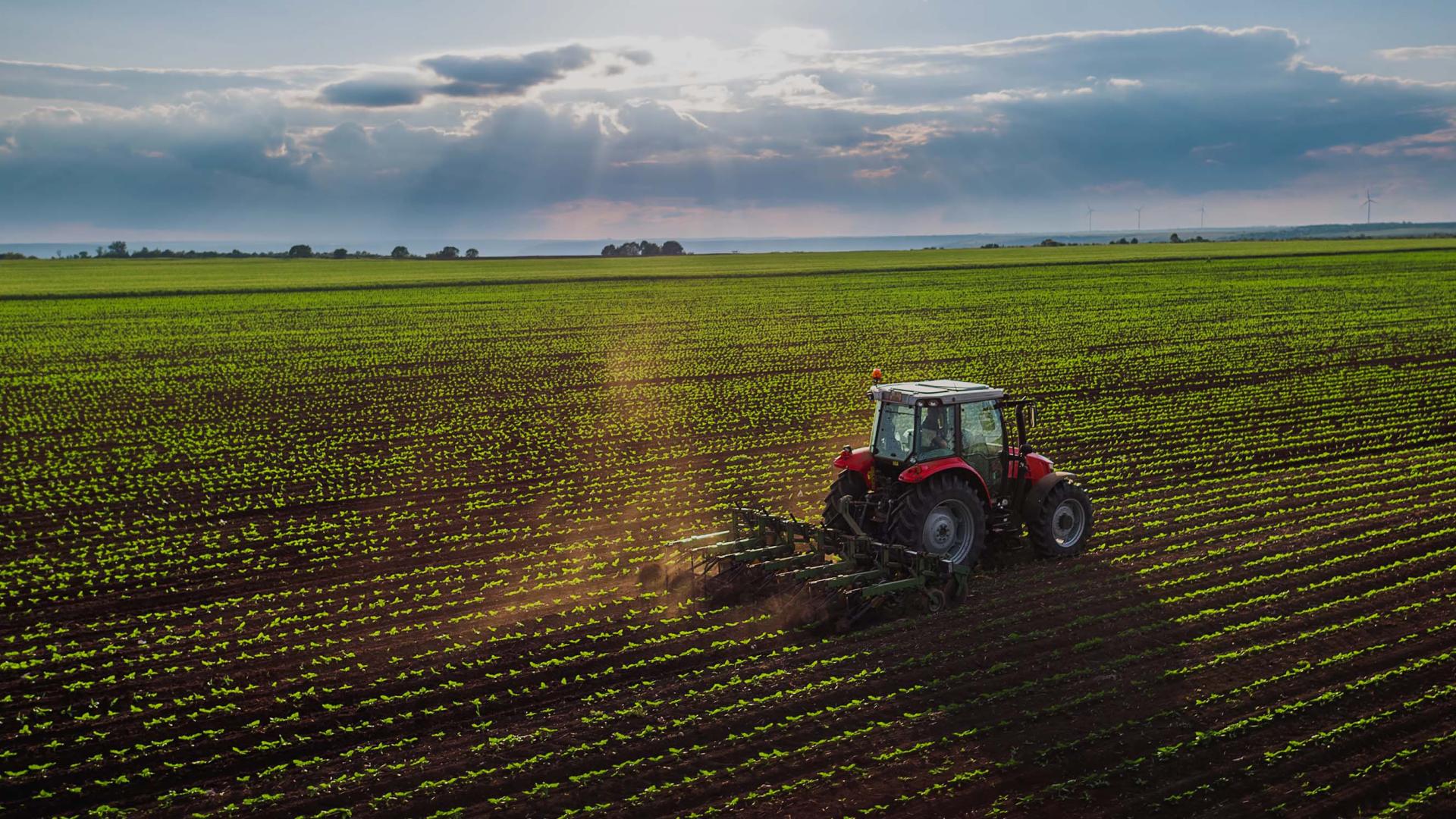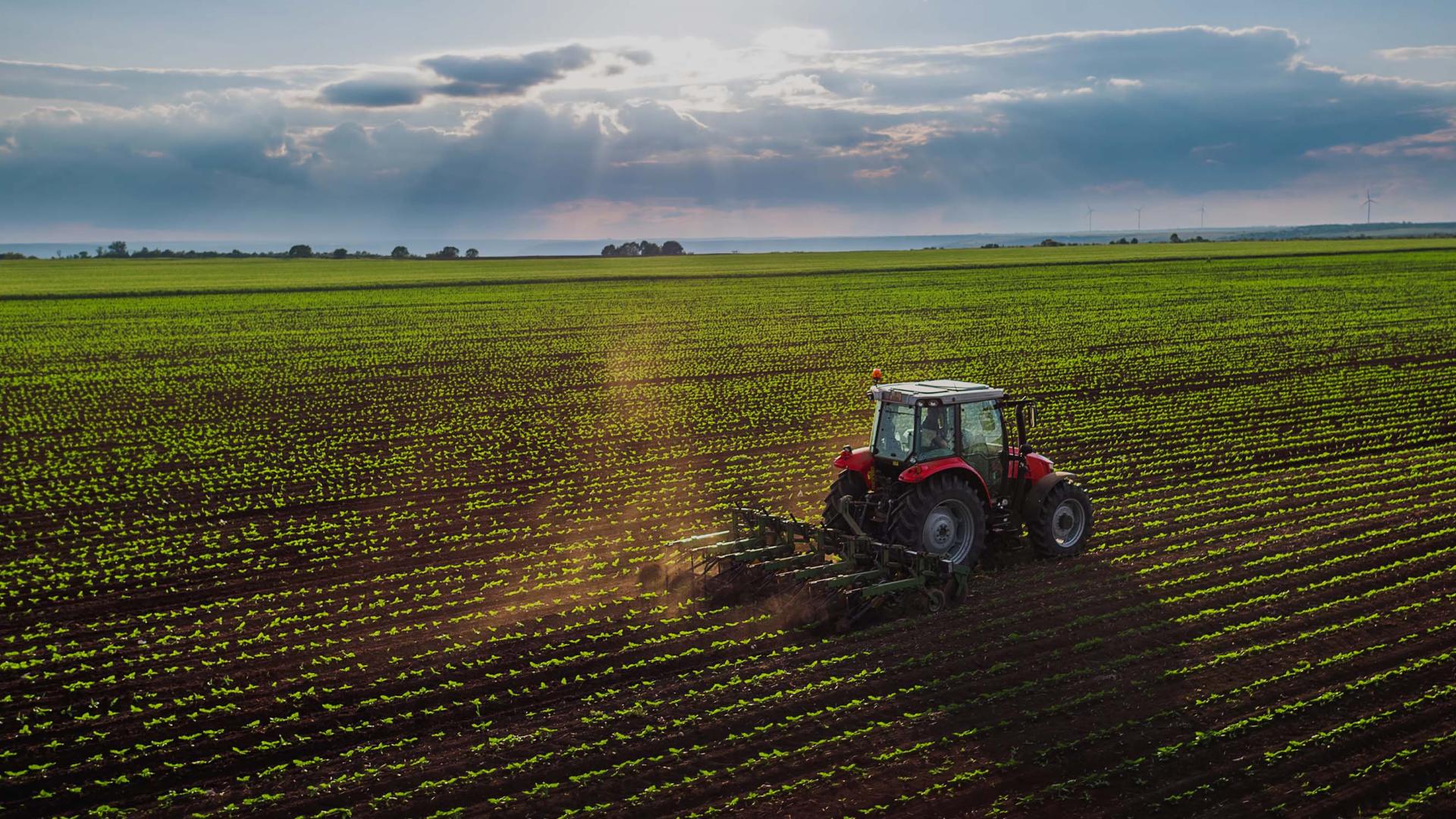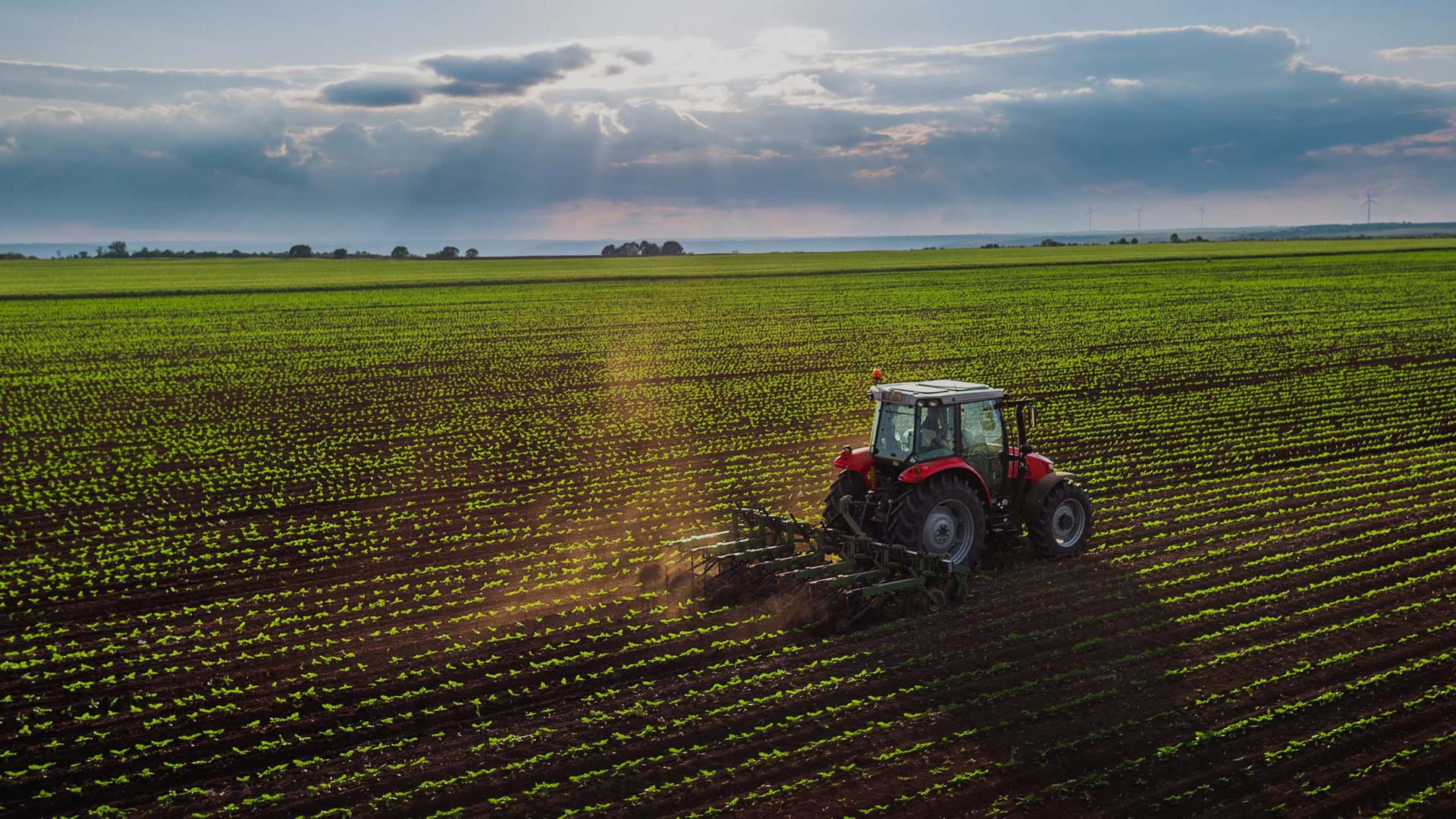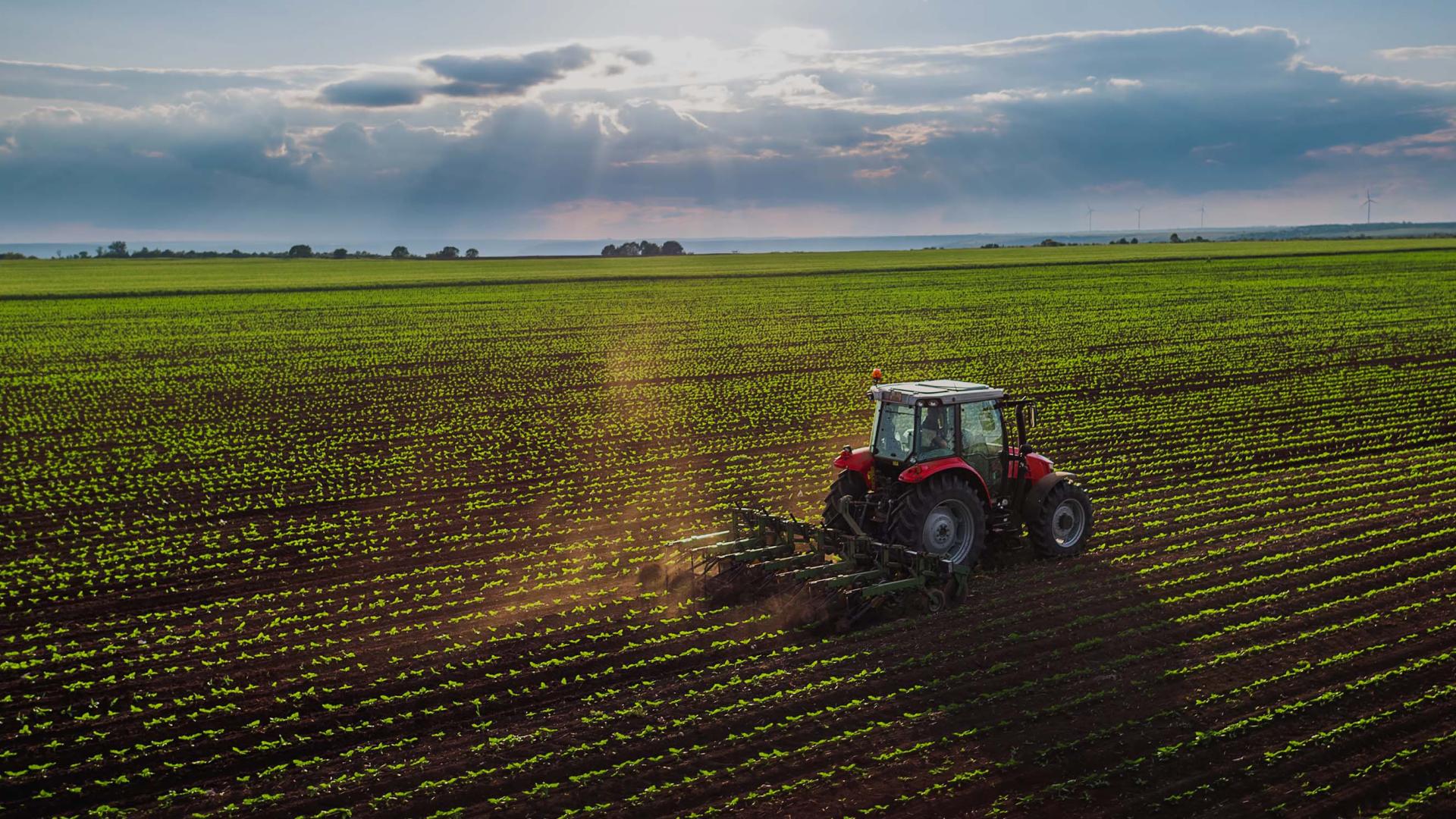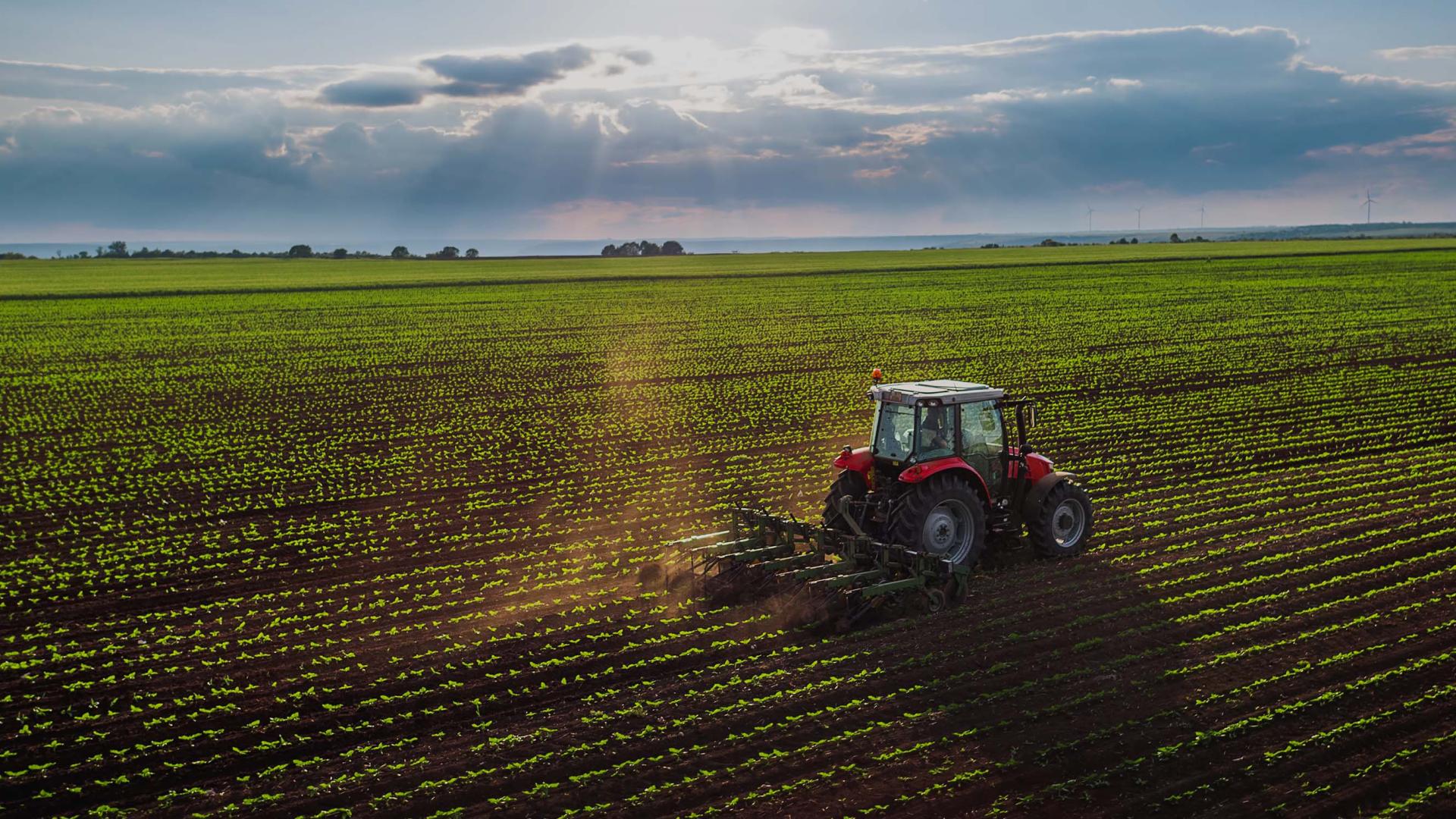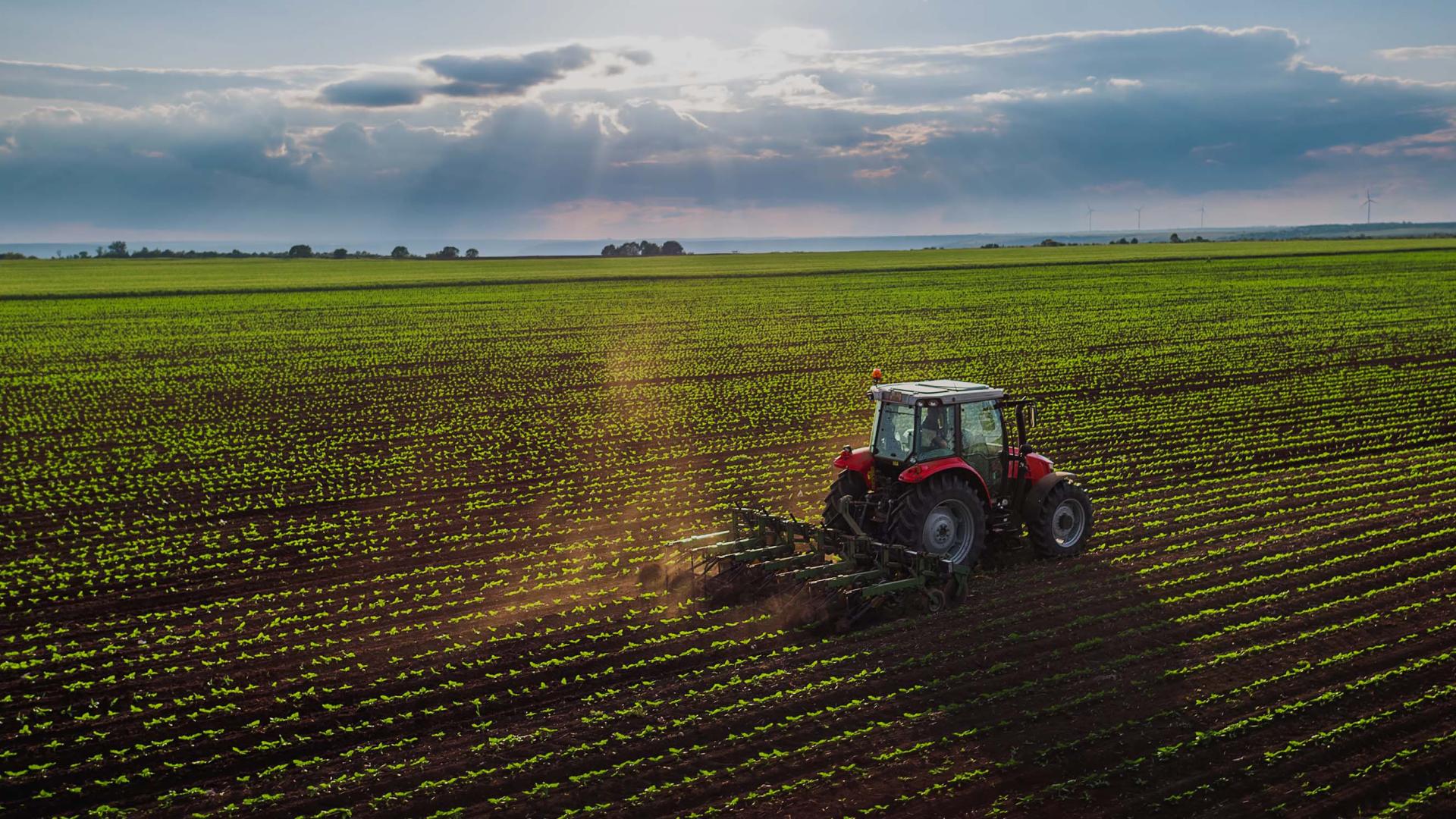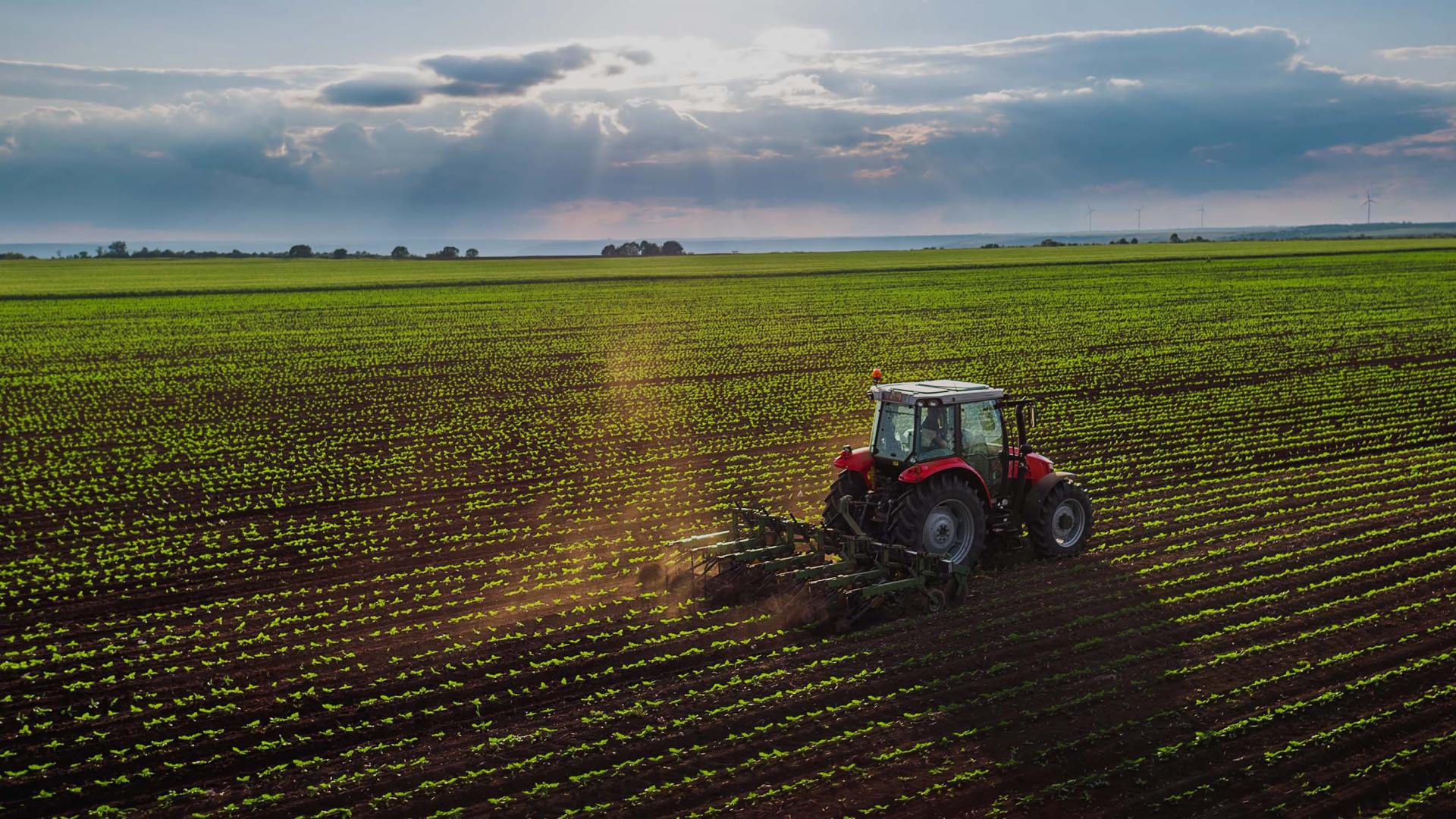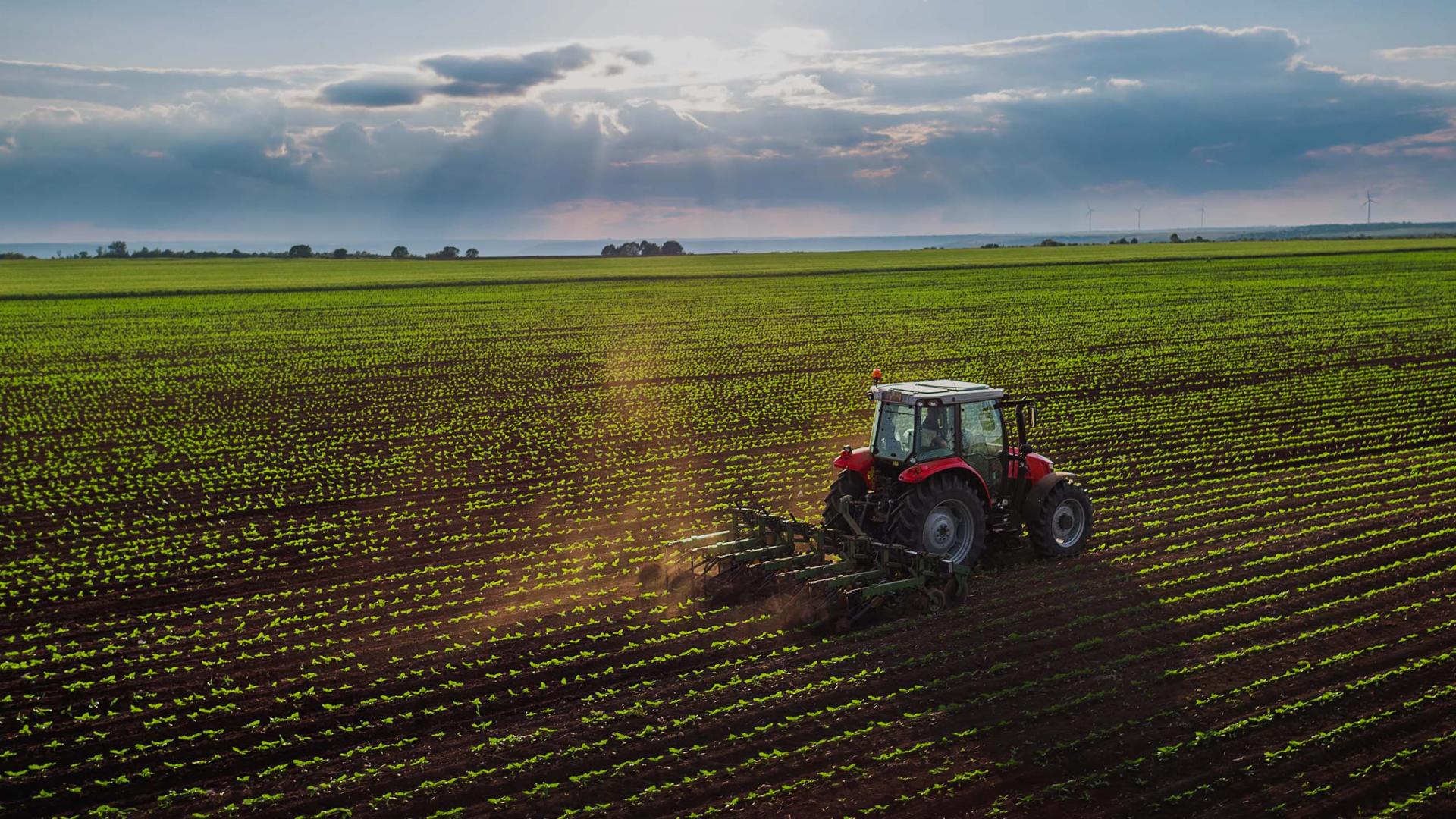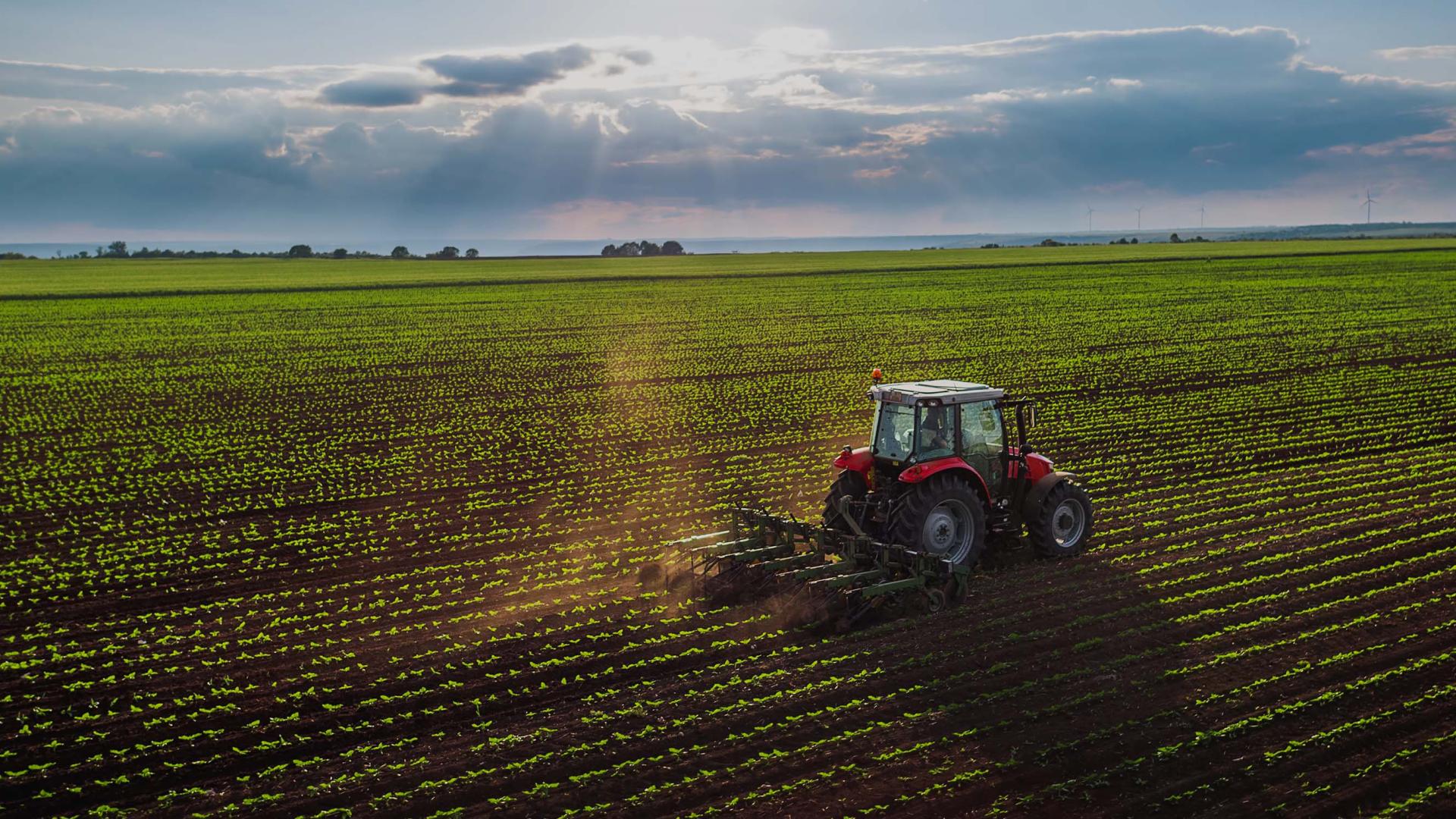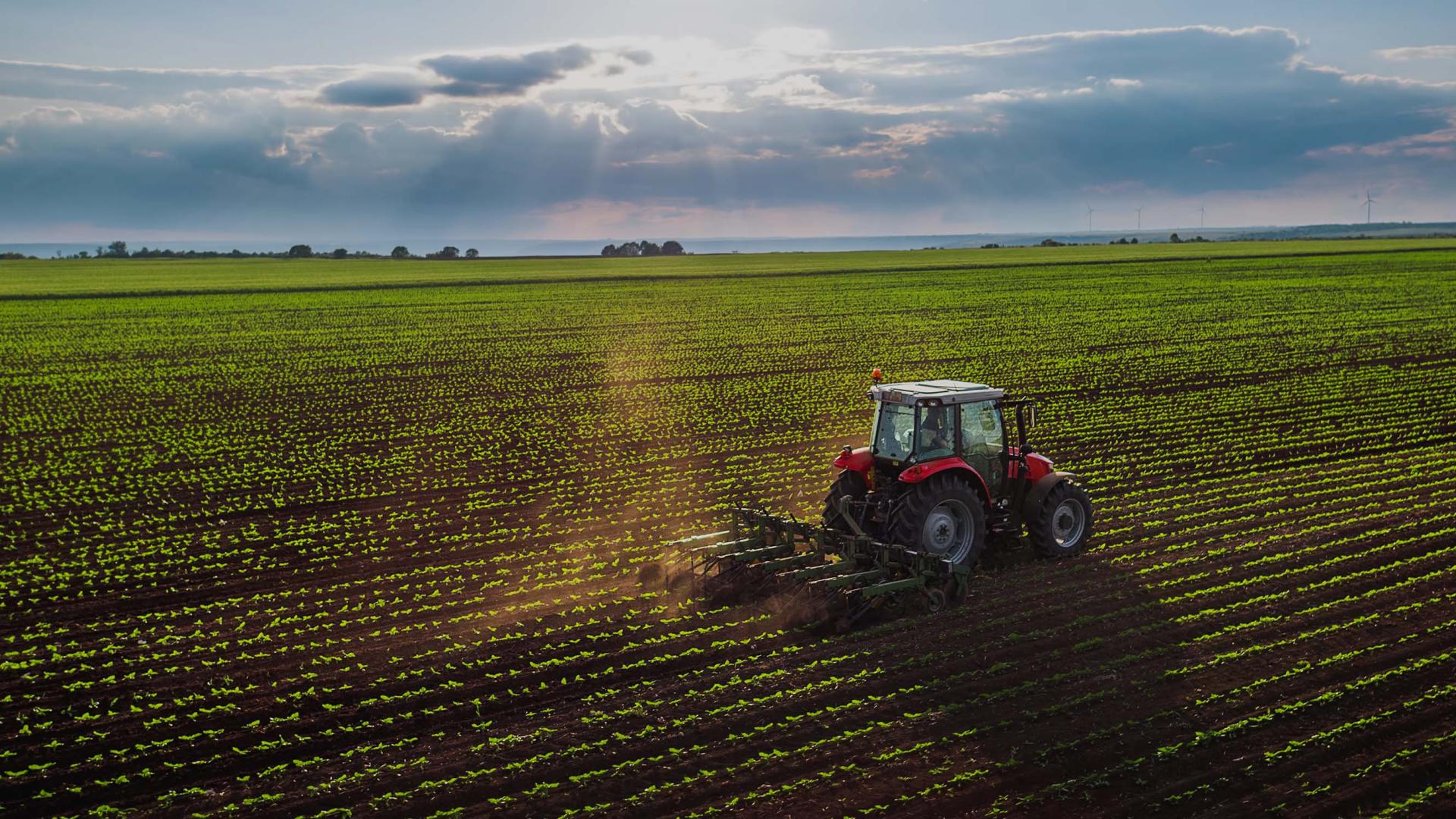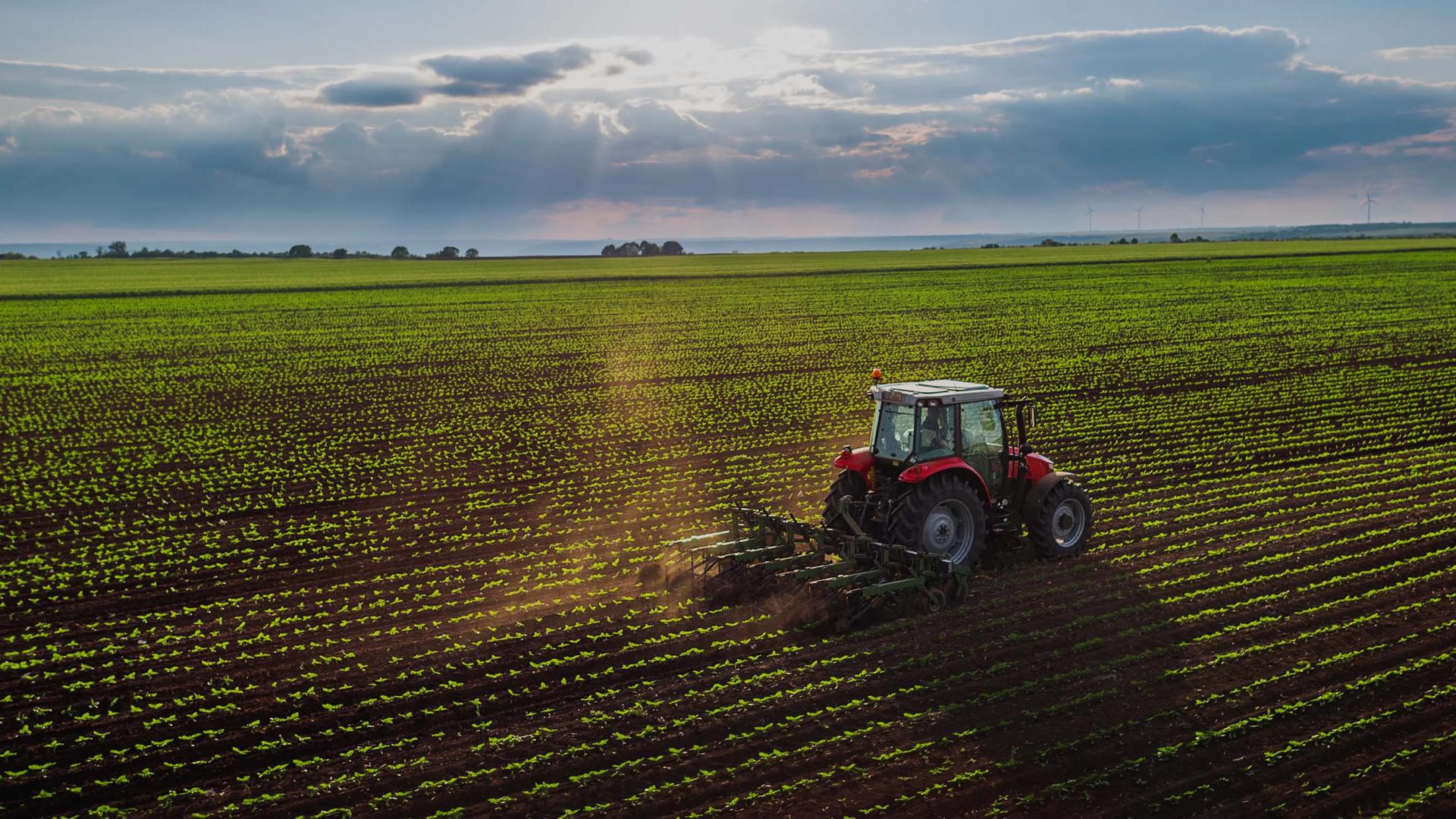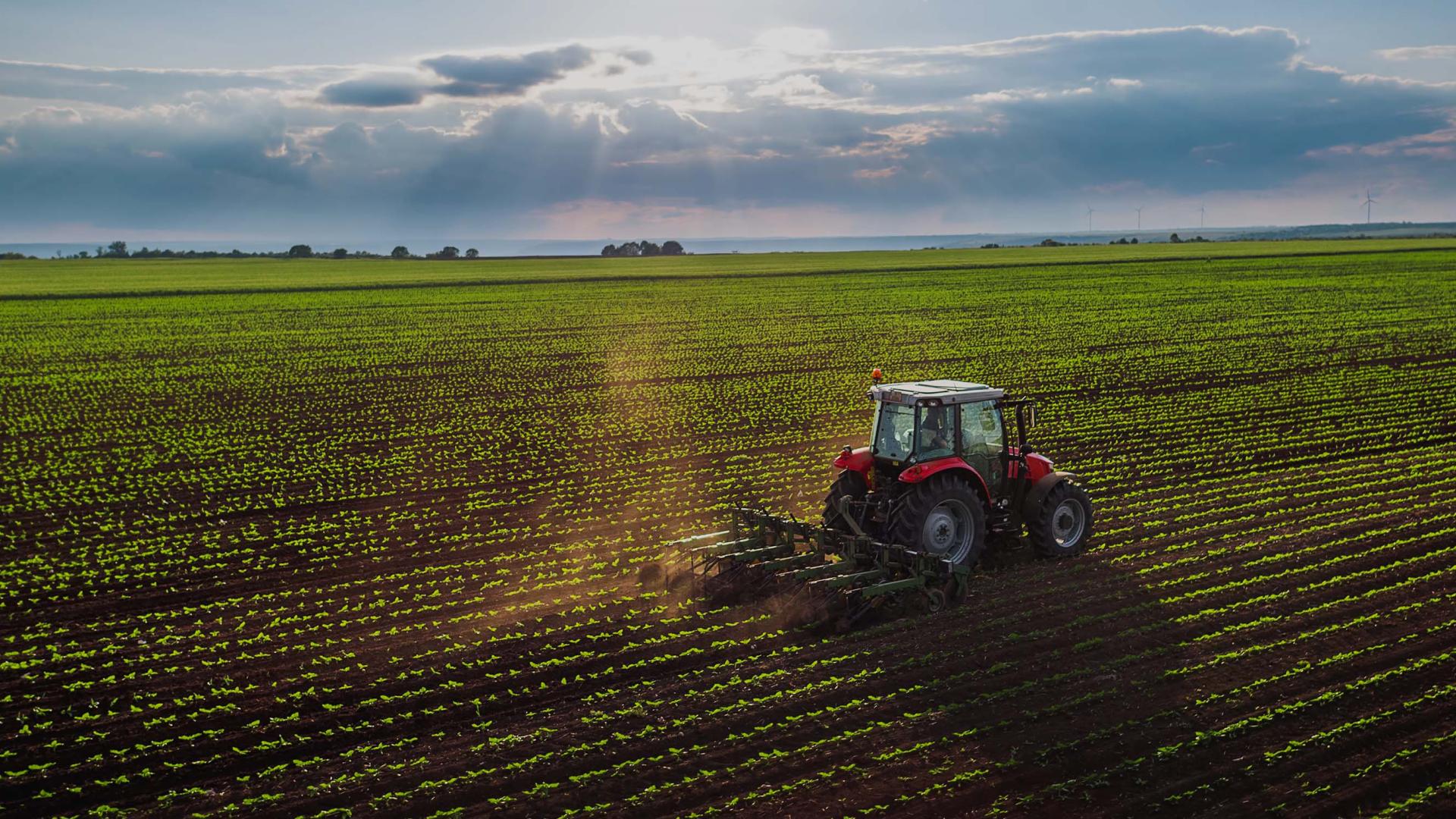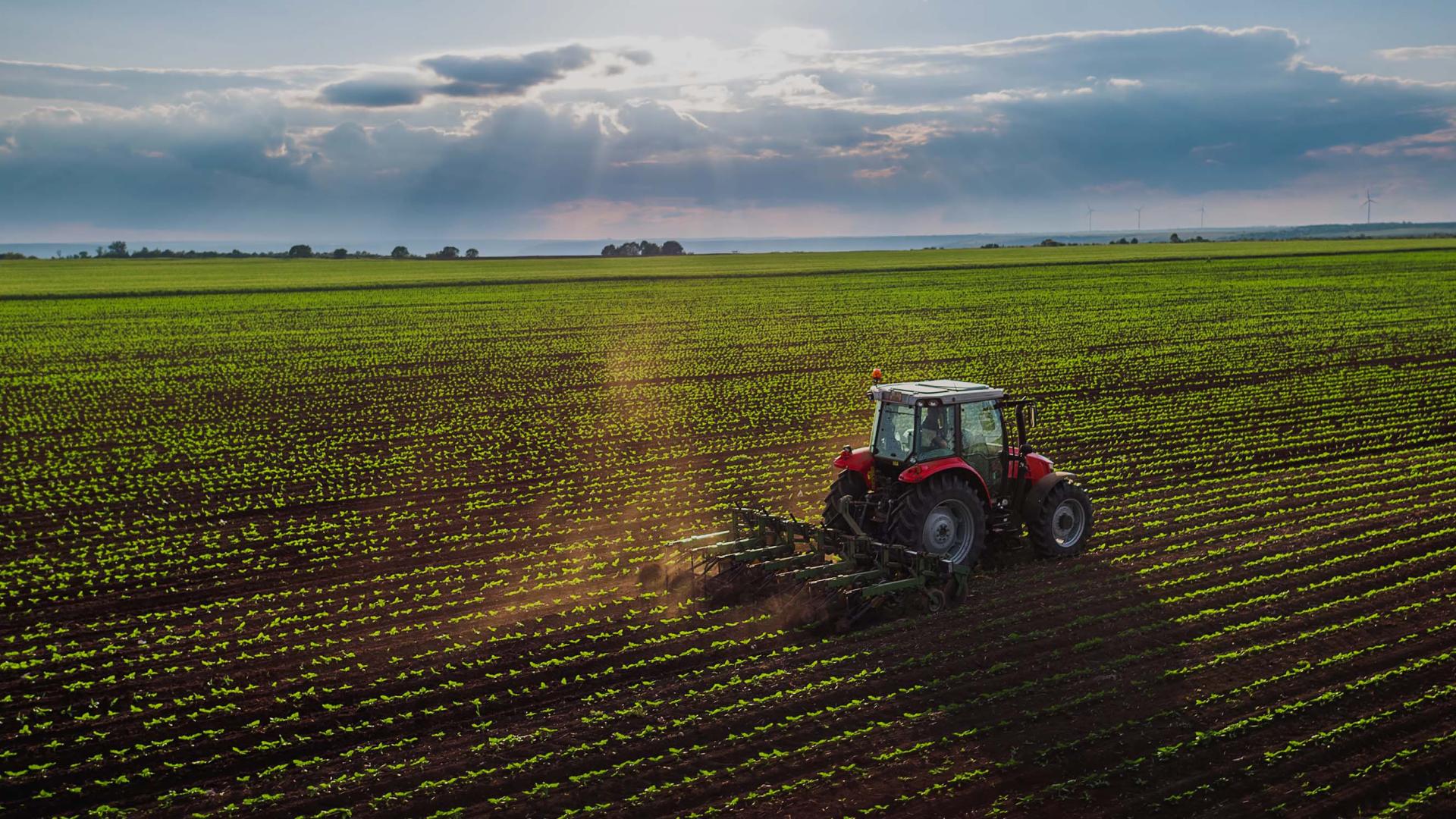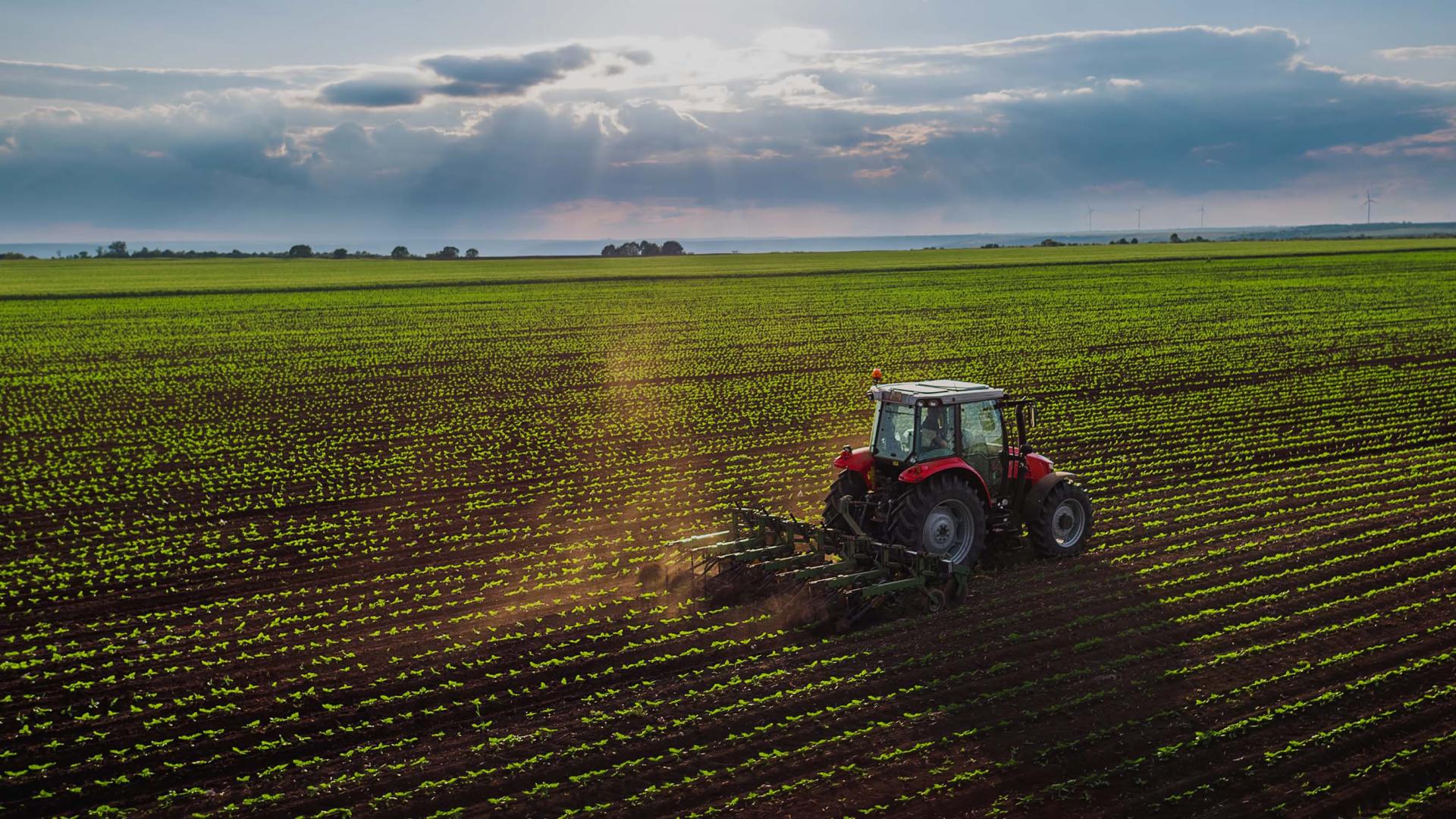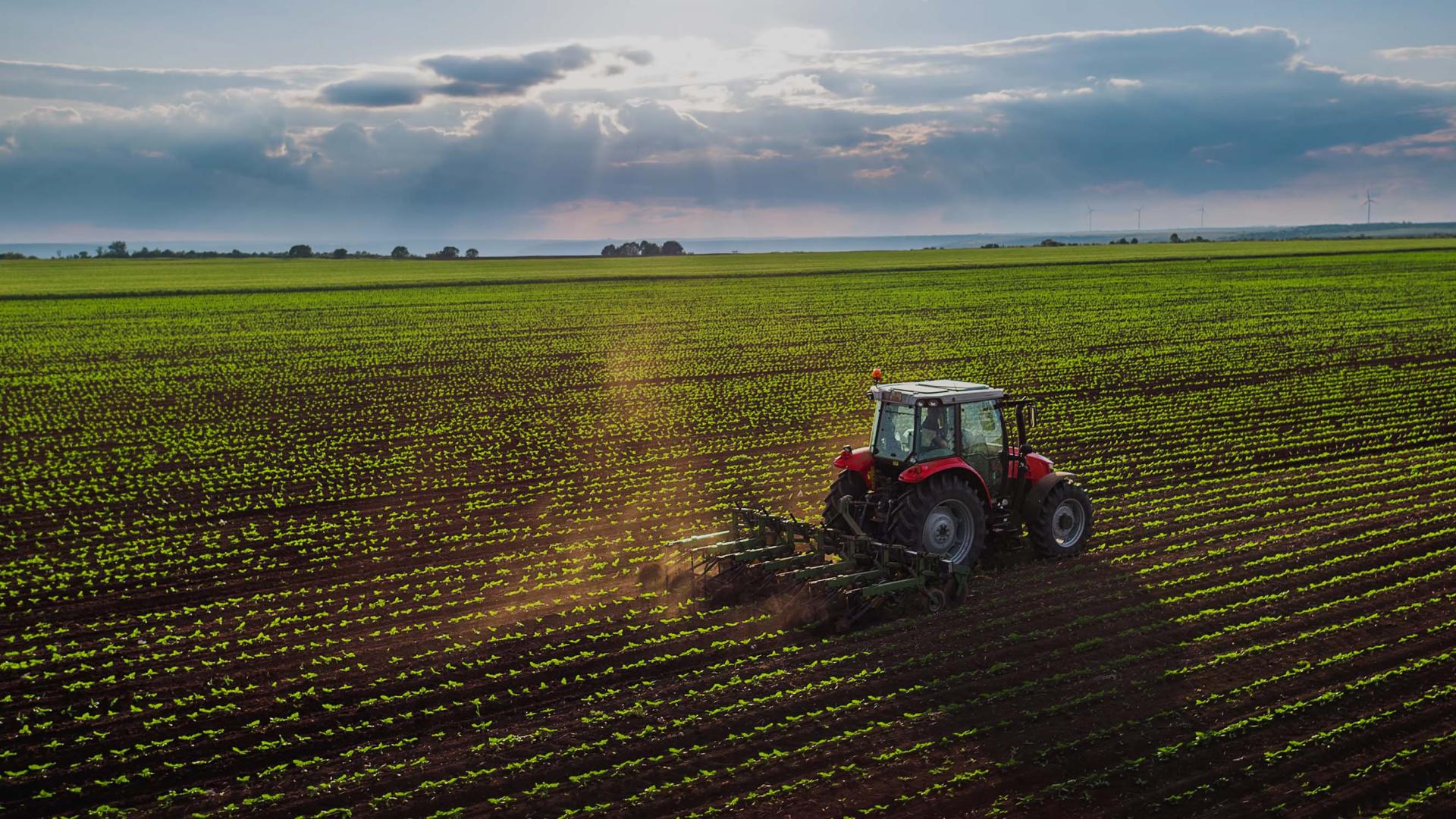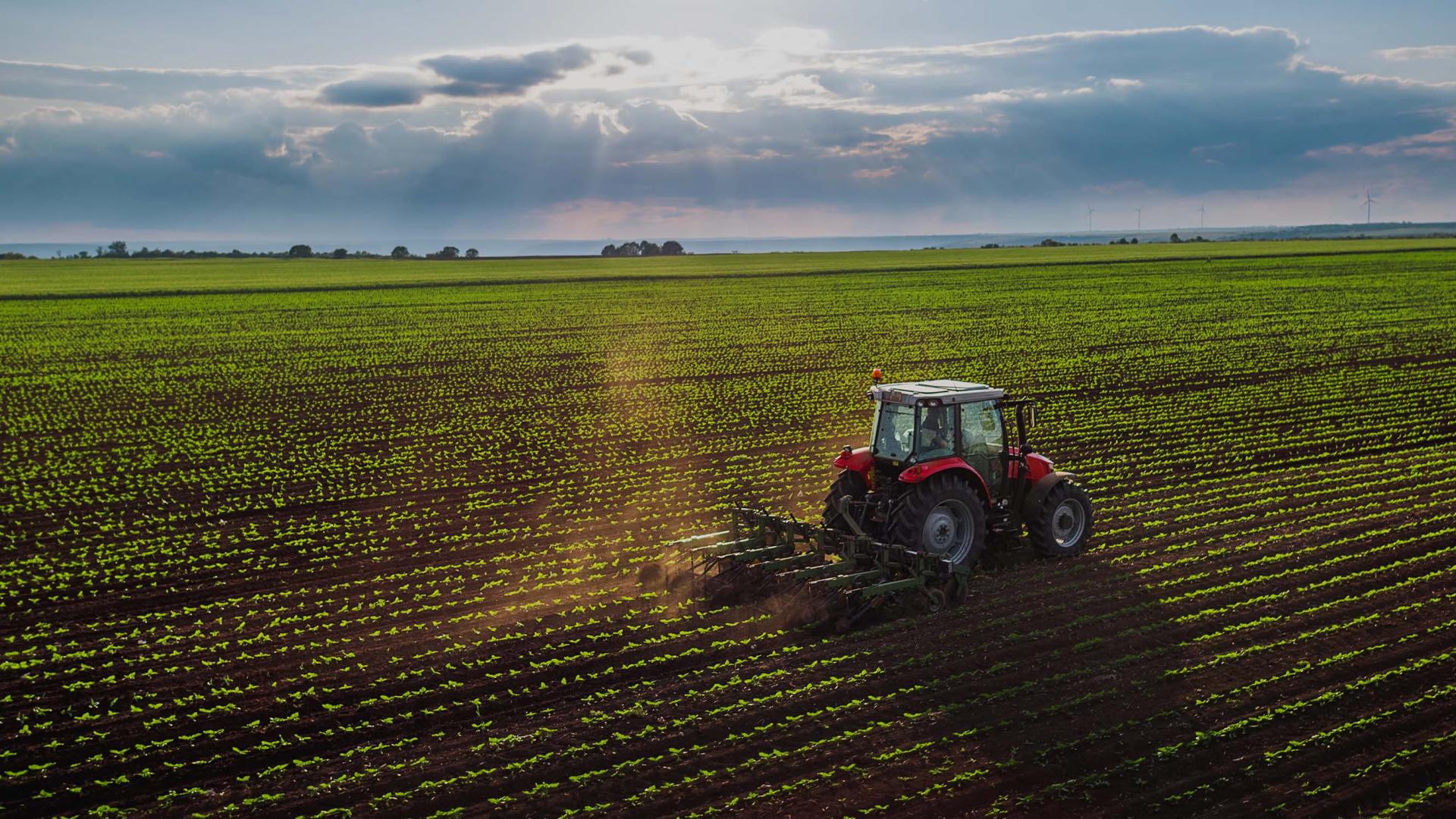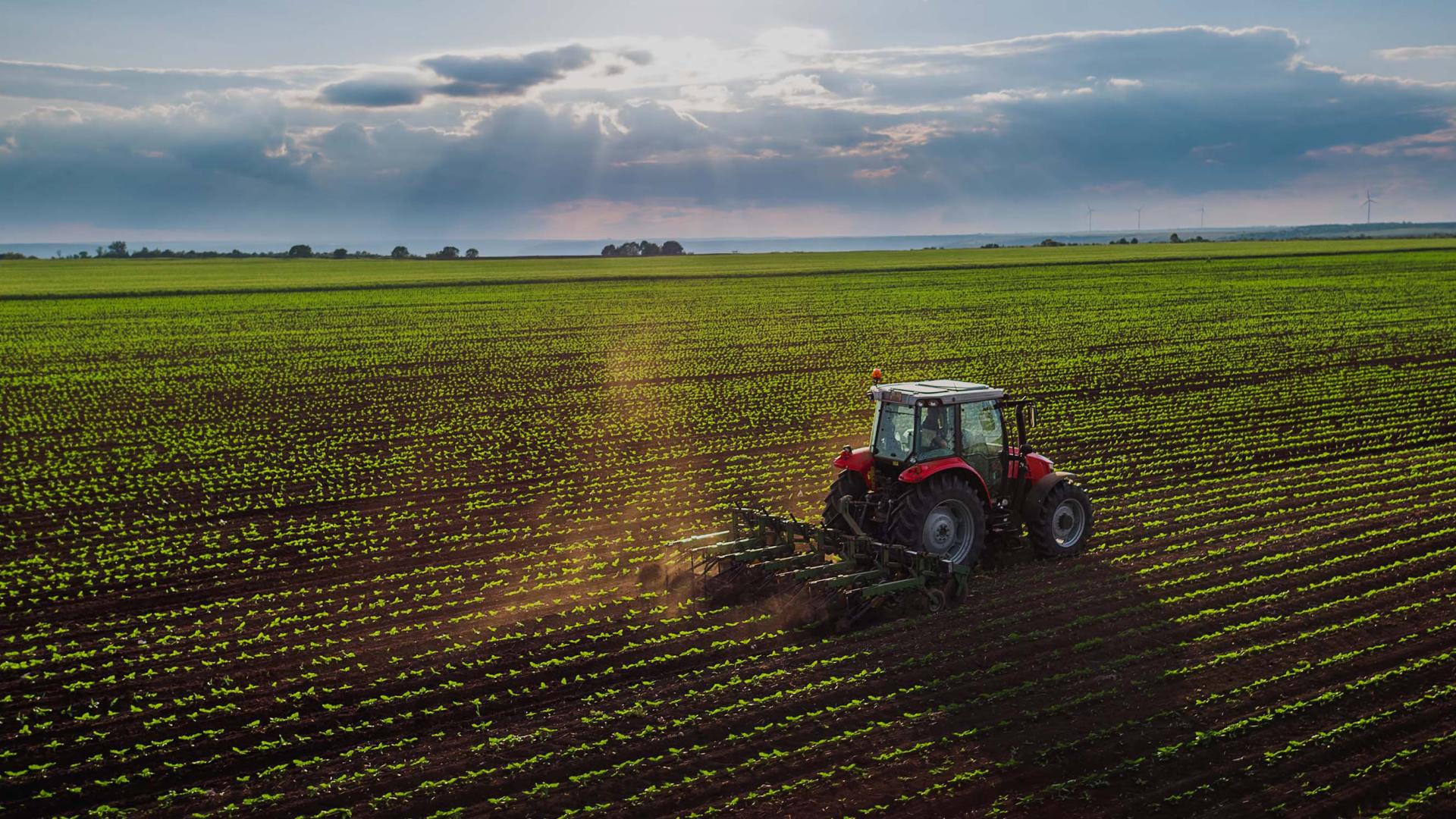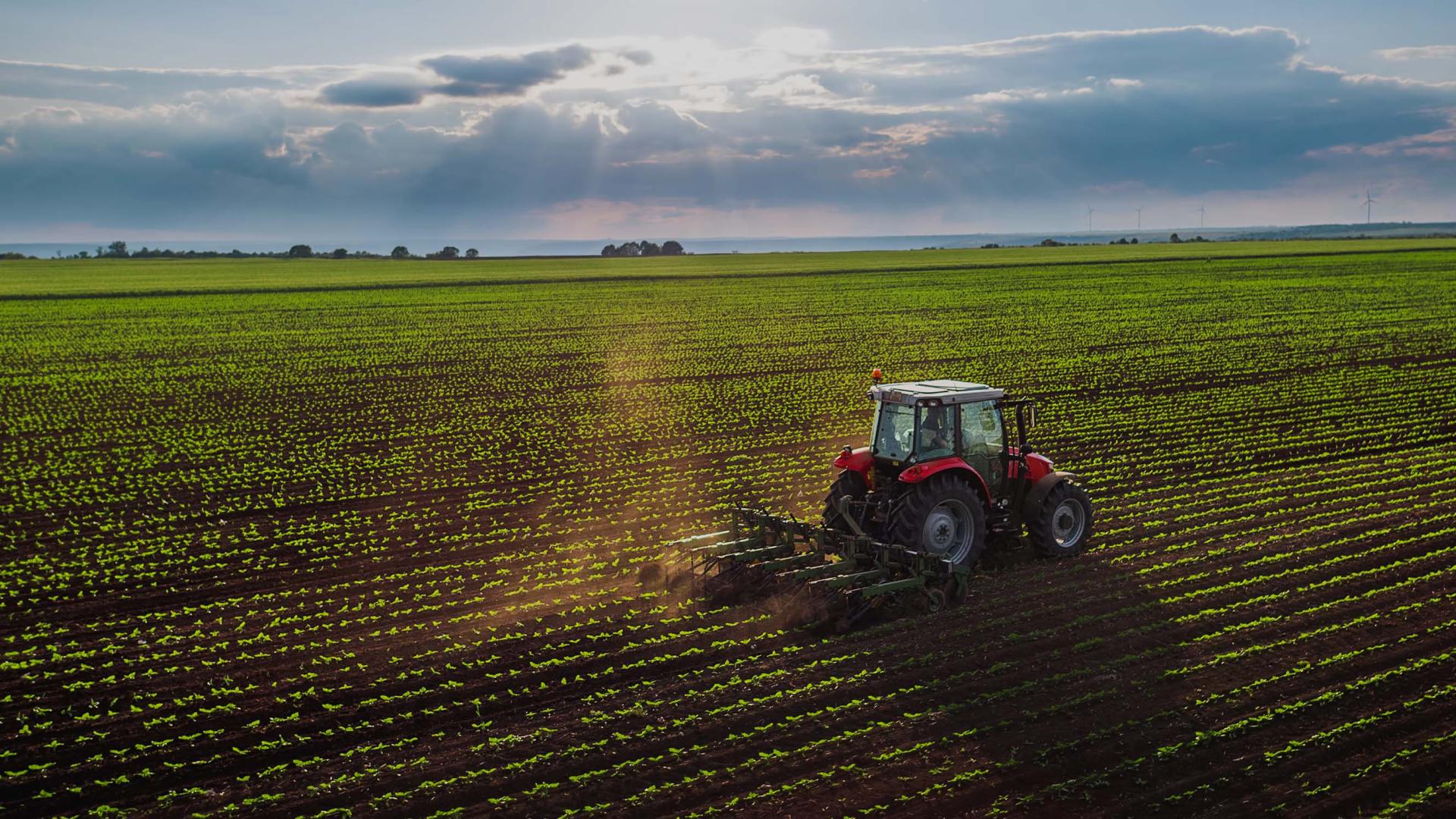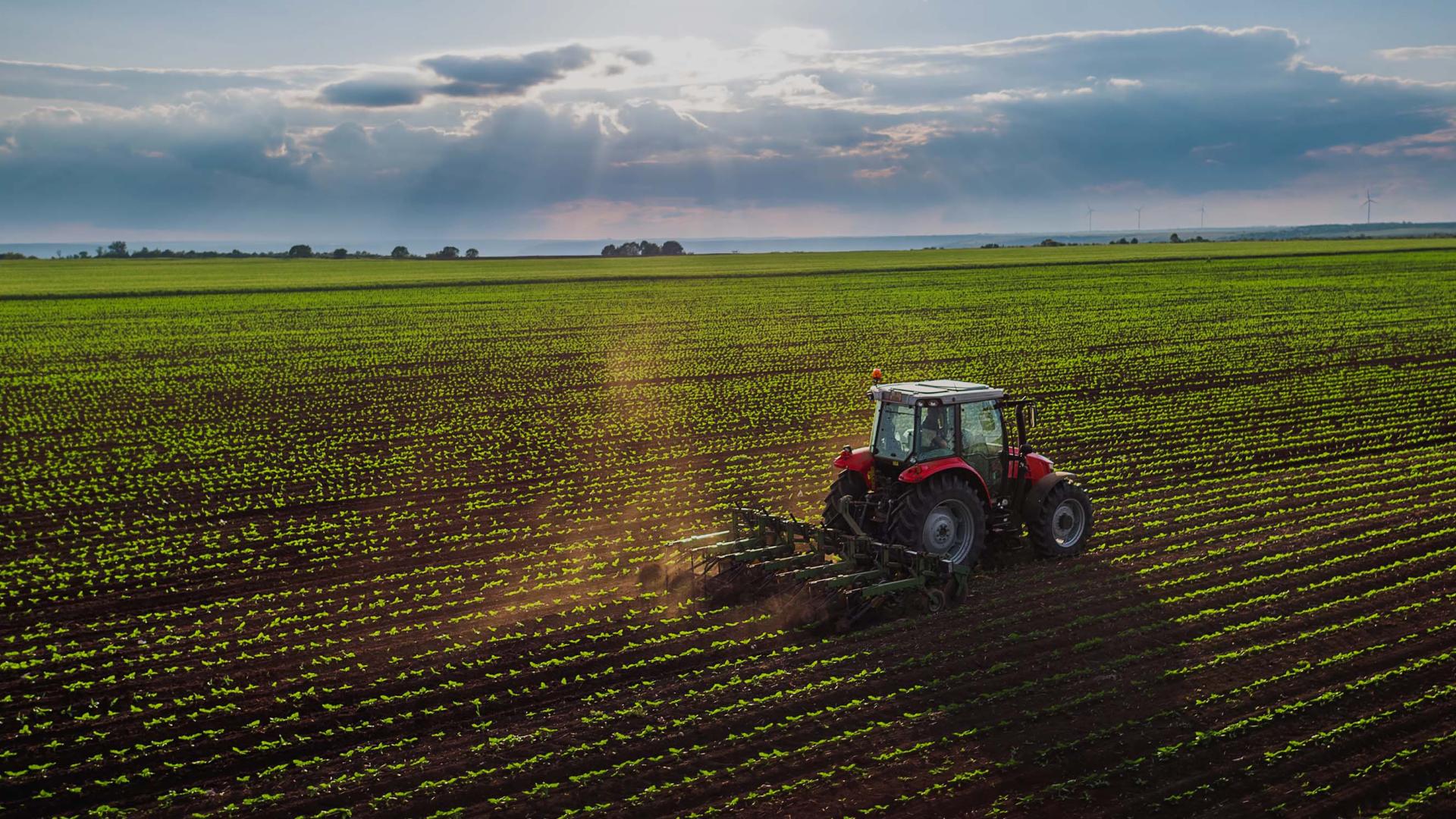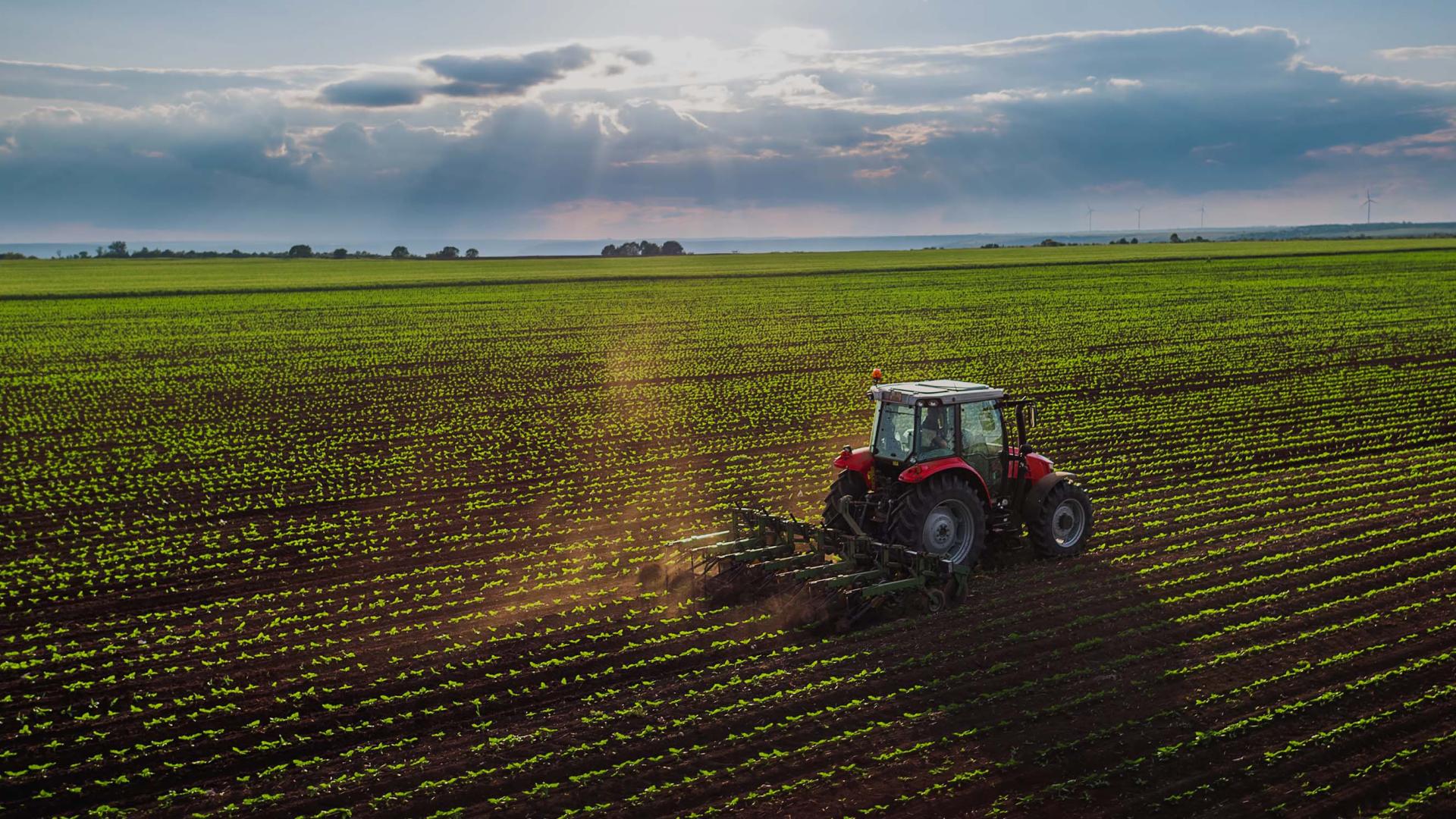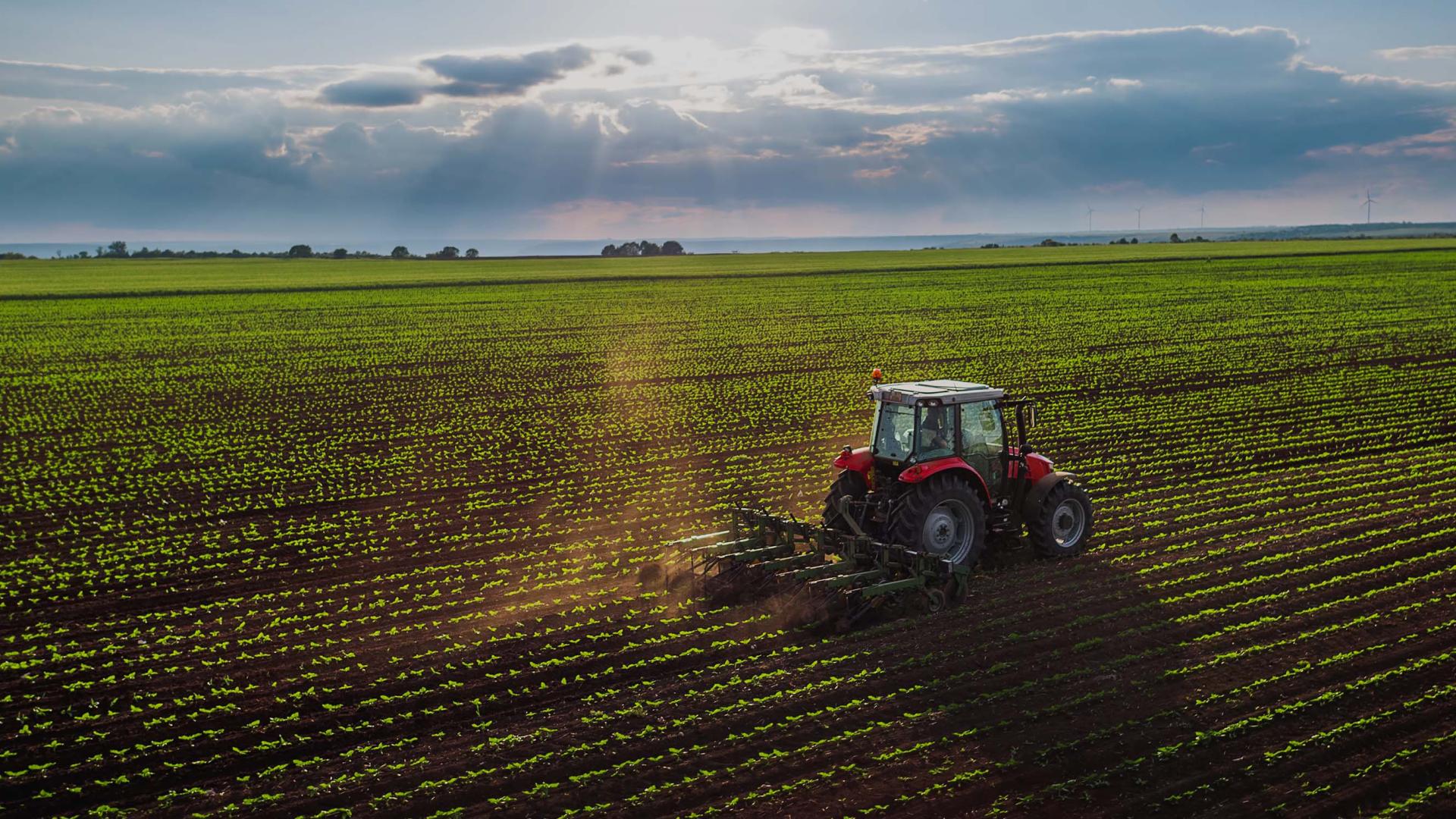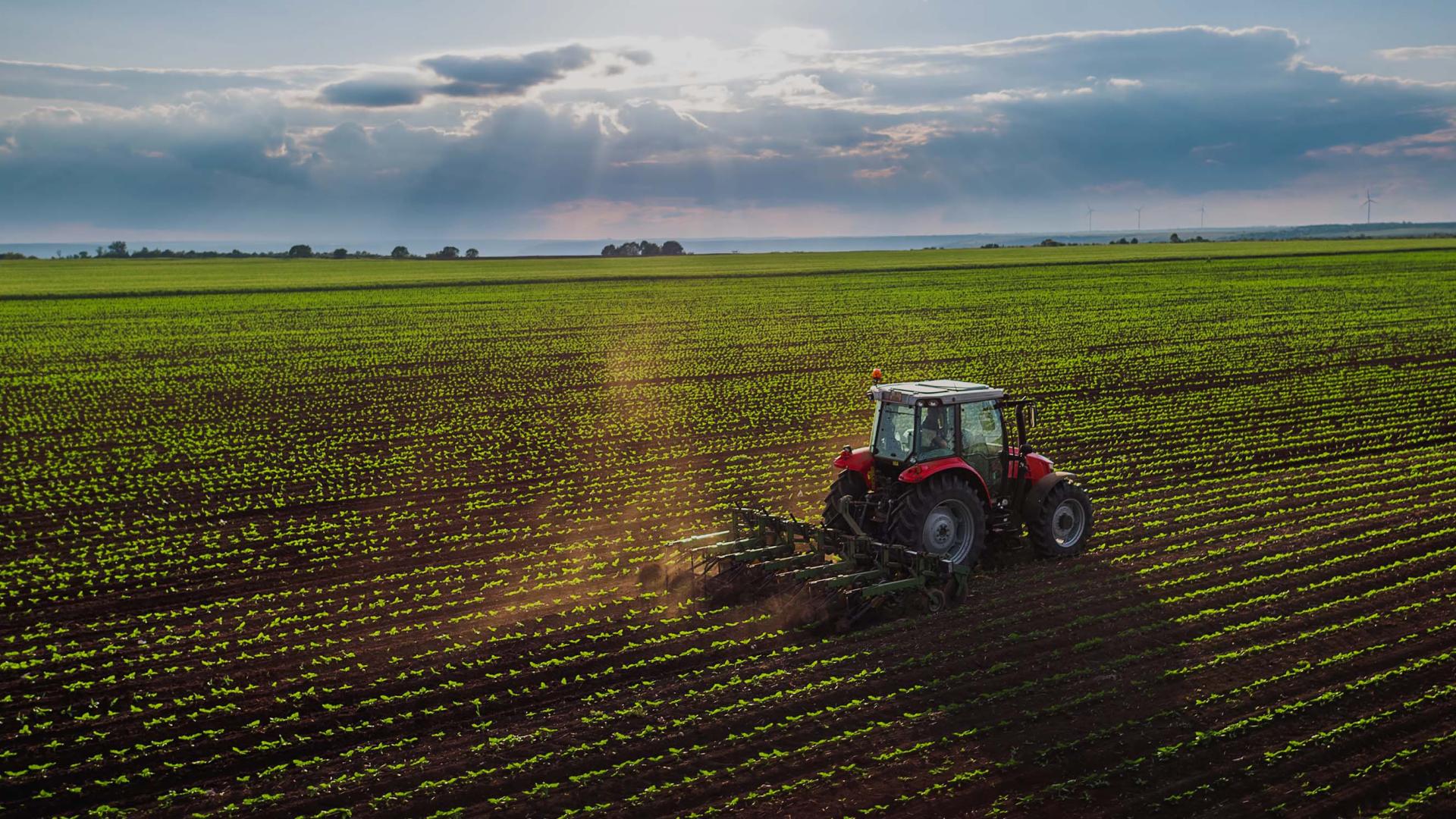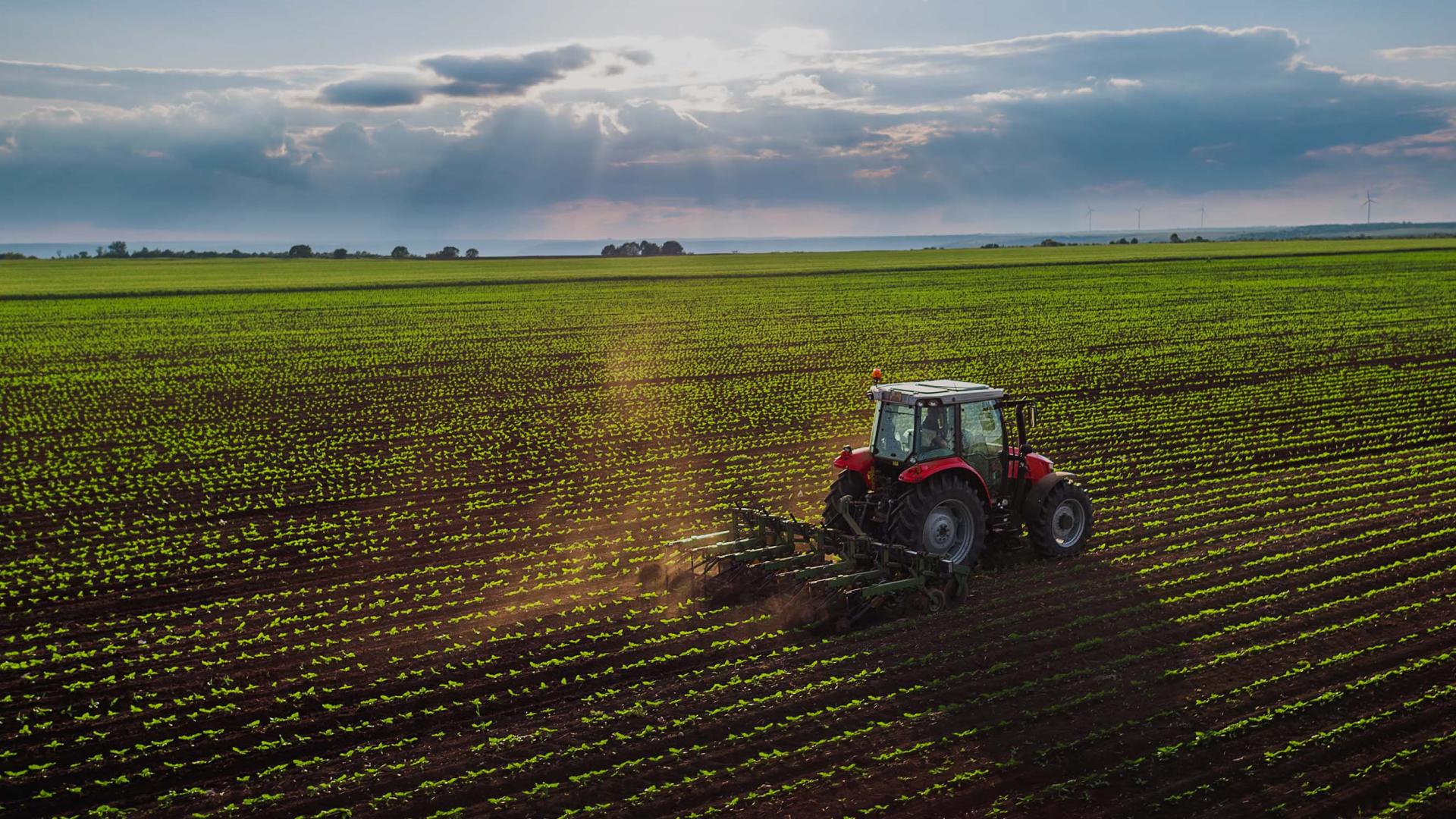Environmental risks are an ever-present concern for modern farming operations. From chemical spills and groundwater contamination to soil pollution and waste management issues, farms face numerous environmental challenges that could result in significant financial losses and legal complications. Farm Environmental Insurance provides essential protection against these risks, offering coverage that standard farm insurance policies typically exclude.
Understanding Farm Environmental Insurance
Farm Environmental Insurance is a specialized form of coverage designed to protect agricultural businesses from environmental liabilities and cleanup costs. This insurance addresses the unique environmental risks that farms face, including pollution incidents, contamination events, and regulatory compliance issues that could arise from normal farming operations.
Unlike general liability insurance, environmental insurance specifically covers pollution-related claims and cleanup costs that would otherwise be excluded from standard policies. For farms using pesticides, fertilizers, fuel storage, and other potentially hazardous materials, this coverage is increasingly essential.
Key Coverage Areas
Pollution Liability Coverage
This covers third-party claims arising from pollution incidents originating from your farm operations. Whether it's chemical runoff affecting neighboring properties, groundwater contamination, or air pollution from agricultural activities, pollution liability coverage protects against lawsuits and compensation claims from affected parties.
Cleanup and Remediation Costs
Environmental insurance covers the substantial costs of cleaning up pollution incidents on your property. This includes soil remediation, groundwater treatment, and other environmental restoration activities required by regulatory authorities.
Legal Defense Costs
Environmental claims often involve complex legal proceedings. Your policy covers legal defense costs, expert witness fees, and other legal expenses associated with environmental liability claims.
Regulatory Compliance Coverage
When environmental incidents trigger regulatory action, farms may face fines, penalties, and mandatory cleanup orders. Environmental insurance can cover these regulatory costs and help ensure compliance with environmental legislation.
Business Interruption Protection
If environmental contamination forces you to cease operations temporarily, business interruption coverage compensates for lost income during the cleanup and remediation period.
Common Environmental Risks for Farms
Chemical and Pesticide Incidents
Farms regularly use pesticides, herbicides, and fertilizers that pose environmental risks. Spills during application, storage, or transport can contaminate soil and water sources, leading to significant cleanup costs and third-party claims.
Fuel and Oil Storage
Most farms store diesel, petrol, and other petroleum products for machinery and equipment. Tank leaks, overfills, and spills can cause serious environmental contamination requiring expensive remediation.
Livestock Waste Management
Intensive livestock operations generate substantial amounts of waste that must be properly managed. Slurry spills, lagoon failures, and inadequate waste storage can contaminate waterways and soil.
Groundwater Contamination
Agricultural activities can impact groundwater quality through chemical leaching, waste infiltration, and other contamination pathways. Groundwater cleanup is particularly expensive and time-consuming.
Surface Water Pollution
Runoff from fields treated with chemicals or contaminated by livestock waste can pollute streams, rivers, and other surface water bodies, potentially affecting downstream users and ecosystems.
Soil Contamination
Long-term use of certain chemicals, fuel spills, and waste disposal practices can contaminate farm soil, affecting productivity and potentially requiring expensive remediation.
Why Standard Farm Insurance Isn't Enough
Traditional farm insurance policies typically exclude pollution-related claims and environmental cleanup costs. The pollution exclusion clause in standard policies means that environmental incidents are not covered, leaving farmers exposed to potentially catastrophic financial losses.
Environmental claims can easily reach hundreds of thousands or even millions of pounds in cleanup costs and third-party damages. Without specific environmental insurance, farmers would need to fund these costs from their own resources, potentially threatening the viability of their operations.
Regulatory Landscape
Farms operate under increasingly stringent environmental regulations. The Environment Agency, Natural Resources Wales, and the Scottish Environment Protection Agency have extensive powers to investigate environmental incidents and require cleanup action.
Key regulations affecting farms include:
- Environmental Permitting Regulations
- Water Framework Directive requirements
- Groundwater protection legislation
- Waste management regulations
- Nitrates Directive compliance
Failure to comply with these regulations can result in prosecution, substantial fines, and mandatory remediation orders. Environmental insurance helps manage these regulatory risks.
Industries and Farm Types That Need Coverage
Arable Farms
Large-scale crop production involves significant chemical use and fuel storage, creating substantial environmental risks that require comprehensive coverage.
Livestock Operations
Dairy farms, pig units, poultry operations, and other intensive livestock businesses face particular risks from waste management and require specialized environmental protection.
Mixed Farming Operations
Farms combining crop and livestock production face multiple environmental risk categories and benefit from comprehensive environmental insurance coverage.
Organic Farms
Even organic operations face environmental risks from fuel storage, machinery use, and potential contamination incidents that could jeopardize their organic certification.
Specialized Agricultural Businesses
Mushroom farms, nurseries, aquaculture operations, and other specialized agricultural businesses each face unique environmental risks requiring tailored coverage.
Benefits of Farm Environmental Insurance
Financial Protection
Environmental insurance provides essential financial protection against cleanup costs and third-party claims that could otherwise threaten your farm's financial stability.
Regulatory Compliance Support
Many policies include access to environmental consultants and legal experts who can help navigate regulatory requirements and compliance issues.
Risk Management Resources
Insurers often provide risk assessment services, helping identify potential environmental hazards and implement preventive measures to reduce risk exposure.
Peace of Mind
Knowing you have comprehensive environmental coverage allows you to focus on farming operations without constant worry about potential environmental liabilities.
Reputation Protection
Environmental incidents can damage your farm's reputation. Insurance coverage demonstrates environmental responsibility and provides resources to manage any incidents professionally.
Claims Examples
Case Study 1: Diesel Spill Contamination
A dairy farm experienced a significant diesel spill when an underground storage tank developed a leak. The contamination affected groundwater and required extensive soil remediation. Environmental insurance covered £180,000 in cleanup costs and £45,000 in legal fees.
Case Study 2: Pesticide Drift Incident
During pesticide application, wind drift contaminated a neighboring organic farm, causing crop damage and threatening the neighbor's organic certification. Environmental insurance covered £75,000 in compensation and £25,000 in legal defense costs.
Case Study 3: Slurry Lagoon Failure
A pig farm's slurry lagoon failed during heavy rainfall, contaminating a nearby stream. The incident required emergency response, stream cleanup, and fish restocking. Total costs of £220,000 were covered by environmental insurance.
Choosing the Right Coverage
Coverage Limits
Select coverage limits that reflect your potential exposure. Consider the size of your operation, types of chemicals used, and proximity to sensitive environmental areas.
Policy Triggers
Understand whether your policy provides claims-made or occurrence-based coverage, and ensure you understand the policy trigger mechanisms.
Exclusions and Limitations
Review policy exclusions carefully, particularly regarding gradual pollution, known contamination, and specific agricultural activities.
Retroactive Coverage
Consider whether you need coverage for historical contamination or incidents that occurred before the policy inception date.
Additional Services
Look for policies that include environmental consulting services, emergency response coverage, and regulatory compliance support.
Risk Management Best Practices
Regular Inspections
Conduct regular inspections of fuel storage tanks, chemical storage areas, and waste management facilities to identify potential problems before they become incidents.
Proper Storage Procedures
Implement proper storage procedures for chemicals, fuels, and waste materials, including secondary containment systems and regular maintenance schedules.
Staff Training
Ensure all staff are properly trained in chemical handling, spill response procedures, and environmental compliance requirements.
Emergency Response Plans
Develop comprehensive emergency response plans for potential environmental incidents, including immediate notification procedures and containment measures.
Record Keeping
Maintain detailed records of chemical applications, waste disposal, and environmental monitoring to demonstrate compliance and support any insurance claims.
Cost Factors
Several factors influence the cost of farm environmental insurance:
Farm Size and Type
Larger operations with more intensive chemical use typically face higher premiums due to increased risk exposure.
Location
Farms located near sensitive environmental areas, water sources, or residential areas may face higher premiums due to increased third-party exposure.
Risk Management Measures
Farms with comprehensive risk management programs, proper storage facilities, and good safety records may qualify for premium discounts.
Claims History
Previous environmental claims or regulatory violations can increase premium costs, while clean records may qualify for preferred rates.
Coverage Limits
Higher coverage limits result in higher premiums, but the additional cost is typically modest compared to the increased protection provided.
Working with Insurers
Risk Assessment
Work with your insurer to conduct comprehensive risk assessments and identify potential environmental hazards on your property.
Policy Customization
Ensure your policy is customized to address the specific environmental risks associated with your farming operations.
Regular Reviews
Review your coverage regularly as your operations change, new regulations are introduced, or risk exposures evolve.
Claims Reporting
Understand your policy's claims reporting requirements and ensure you have procedures in place for immediate notification of potential incidents.
Regulatory Changes and Future Considerations
Environmental regulations continue to evolve, with increasing focus on water quality, soil health, and climate change impacts. Future regulatory changes may create new compliance requirements and liability exposures for farms.
The Agriculture Act and Environmental Land Management schemes are reshaping how farms approach environmental management, potentially creating new insurance needs and coverage requirements.
Climate change is also creating new environmental risks, including increased flooding, drought impacts, and extreme weather events that could trigger environmental incidents.
Conclusion
Farm Environmental Insurance is no longer optional for modern agricultural operations. The combination of increasing regulatory requirements, growing environmental awareness, and substantial financial risks makes environmental coverage essential for protecting your farming business.
The relatively modest cost of environmental insurance provides exceptional value when compared to the potential costs of environmental cleanup and third-party claims. For most farms, environmental insurance represents one of the most cost-effective risk management investments available.
Don't wait for an environmental incident to discover the gaps in your insurance coverage. Contact Insure24 today to discuss your farm's environmental insurance needs and ensure your agricultural business is properly protected against environmental liabilities.
Our experienced team understands the unique environmental risks facing modern farms and can help design coverage that provides comprehensive protection while remaining cost-effective for your operation. Call us at 0330 127 2333 or visit our website to learn more about farm environmental insurance options.


 0330 127 2333
0330 127 2333
